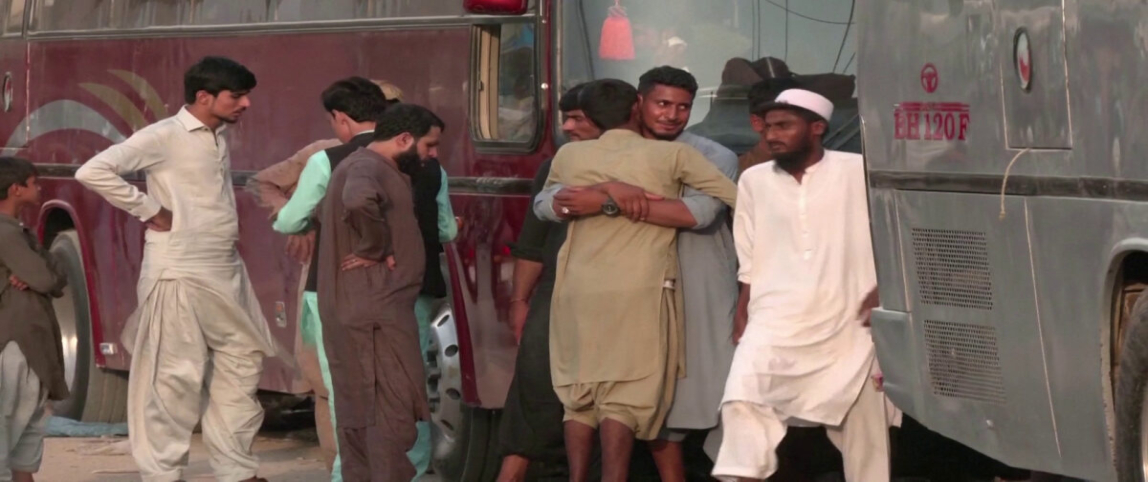In a recent move to address rising security concerns, Pakistan has initiated the forced deportation of Afghan immigrants, marking an unprecedented action in modern history.
The decision finds its origins in the strained relationship between Islamabad and the Taliban, amplified by increased TTP (Tehreek-e-Taliban Pakistan) attacks and the incitement of Jihad within Pakistan.
Despite repeated appeals from Islamabad to the Taliban to curb TTP attacks and the involvement of Afghan citizens in anti-security events, the response fell short of satisfaction. Consequently, Pakistan embarked on deporting illegal immigrants to bolster its security measures.
The forced expulsion, affecting hundreds of thousands of Afghan immigrants, has multifaceted motivations. The move is seen as an attempt to mitigate the impact on Pashtuns ahead of Pakistan’s elections, shape public opinion, and address several other contributing factors.
With daily deportations ranging from 9,000 to 10,000 immigrants, the forced mass deportation has generated a significant humanitarian challenge. However, the unprecedented action prompts a closer examination of the underlying causes.
While Pakistan grapples with a surge in insecurity marked by explosions and attacks, the focus on TTP planning and attacks from Afghanistan, sanctuaries, and the freedom of movement for militants became pivotal concerns for Islamabad. General Asim Munir, Chief of Staff of the Pakistan Army, expressed unease over the TTP activities emanating from Afghanistan, including the role of Afghan citizens in Pakistan’s security incidents.
The last operation by Pakistan dates back to the 12th of October in Kunar. Other actions by Pakistan to suppress TTP include sharing information to Taliban officials by the Pakistani Defense Minister in Kabul, Islamabad’s diplomatic and military talks with the Taliban, sharing intelligence information from Islamabad to the Taliban, and independent operations to kill TTP commanders in Afghanistan.
Pakistan’s independent operations in Afghanistan include operations in Kunar, Nangarhar, Paktia, Paktika and Khost provinces.
Despite concerted efforts by Pakistan, including diplomatic engagements, intelligence sharing, and independent operations against TTP commanders in Afghanistan, attacks on Pakistani soil persisted. In response, the Taliban undertook measures such as relocating TTP families and proposing negotiations with Islamabad.
Taliban actions to address Islamabad’s concerns include the transfer of TTP families from the east to the north of Afghanistan, Taliban leader Hibatullah Akhundzada’s non-public fatwa against Jihad in Pakistan, and a proposal for negotiation between Islamabad and TTP.
However, the interim government of Pakistan, dissatisfied with the Taliban’s performance, turned its attention to migrants and the Taliban as a means of addressing security challenges. Anwaar-ul-Haq Kakar, acting prime minister of Pakistan, expressed disappointment with the increased incidents of terrorism and suicide attacks since the arrival of the transitional government in Afghanistan.
Pakistan currently faces security threats from various groups, including ISIS, TTP, Baluchistan Liberation Army, and the relatively unknown Pakistan Tehreek Jihad group, which has claimed responsibility for a majority of recent attacks.
The article was first published in Amu TV, Afghanistan
















